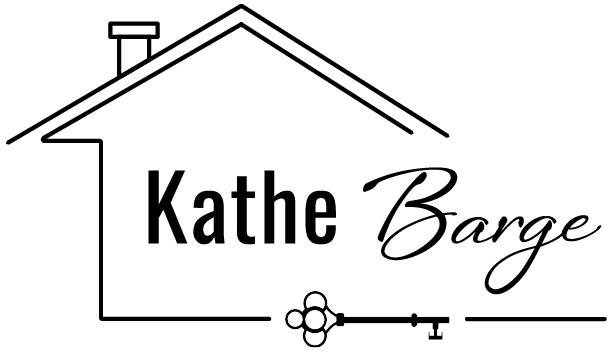Hopefully after reading my article last week, you were motivated to get serious about buying a home and began the process. As I discussed last week, you should be saving your down payment, keeping your credit in excellent shape, getting pre-approved by a recommended mortgage and researching and selecting a Buyer’s Agent. So what’s next. The fun begins!
Your Buyer’s Agent should set you up to receive new listings via email as soon as they become available. To streamline the process, it is a good idea for you to pre-screen these homes before going to see them. Check them out online and on google earth, do a drive by to make sure there is nothing that you would object to that is readily apparent. Once you have done your initial screening, go to see the home as soon as possible. Our inventory is at record lows. If you love a home you can be sure that there are at least a dozen other buyers considering the home and you will need to be ready to make an immediate offer. Along these lines, it is important that you have developed a relationship with your Buyer’s Agent and trust her judgment. When the right home becomes available you may have to pay full price to get it, and you need to be working with someone you feel you can trust on those decisions. In this market there is rarely time to test out the seller if it is a great house and is well priced.
When making the offer, allow about 2 hours to go over the contract with your Buyer’s Agent. It is now 11 pages long with 8 more back pages and possibly several addendums. You will want your agent to review the details with you and there are many decisions you will need to make when writing the offer. How much will you offer initially? No less than 10% below asking is an easy rule of thumb if the home is well-priced, but in this market if it is a new listing you may need to be much closer to list price to have a chance at buying the home. How much hand money can you put down? Hand money is an amount of money that your Agent deposits into an account at her brokerage to hold until closing, at which point it is applied against purchase price. If you back out over inspections or can’t get your mortgage, it is refunded to you, but if you just decide later that you don’t want to close, or fail to close for some other reason, the seller keeps the hand money. The more you offer to put up as hand money, the stronger your offer looks to the seller.
You will also need to decide on closing date, what mortgage terms you plan to apply for (you will be glad at this point that you have spoken to a mortgage broken and been pre-approved) and time periods for inspections. You will list the items that are in the house that you expect to stay there, such as dishwashers, refrigerators and window treatments. There are many other custom terms you may want to include – you may want to include an appraisal contingency if you want assurances that the home will appraise. You may be looking for the seller to address certain deficiencies that you noted while walking through, such as cleaning gutters. All of the things that are important to you about the home must be written into the contract or they will not happen in the future. Oral agreements are not binding when it comes to the sale of property. Your Buyer’s Agent has hopefully paid close attention to everything you noted while viewing the home and will make sure that the Offer reflects all of your wishes.
Once you have signed the offer (and no, you can’t just make a verbal offer – as mentioned above, everything concerning land must be in writing) the offer will be presented to the seller and you will begin negotiations with your seller. Stay tuned as the process of buying your home continues to unfold next week…
